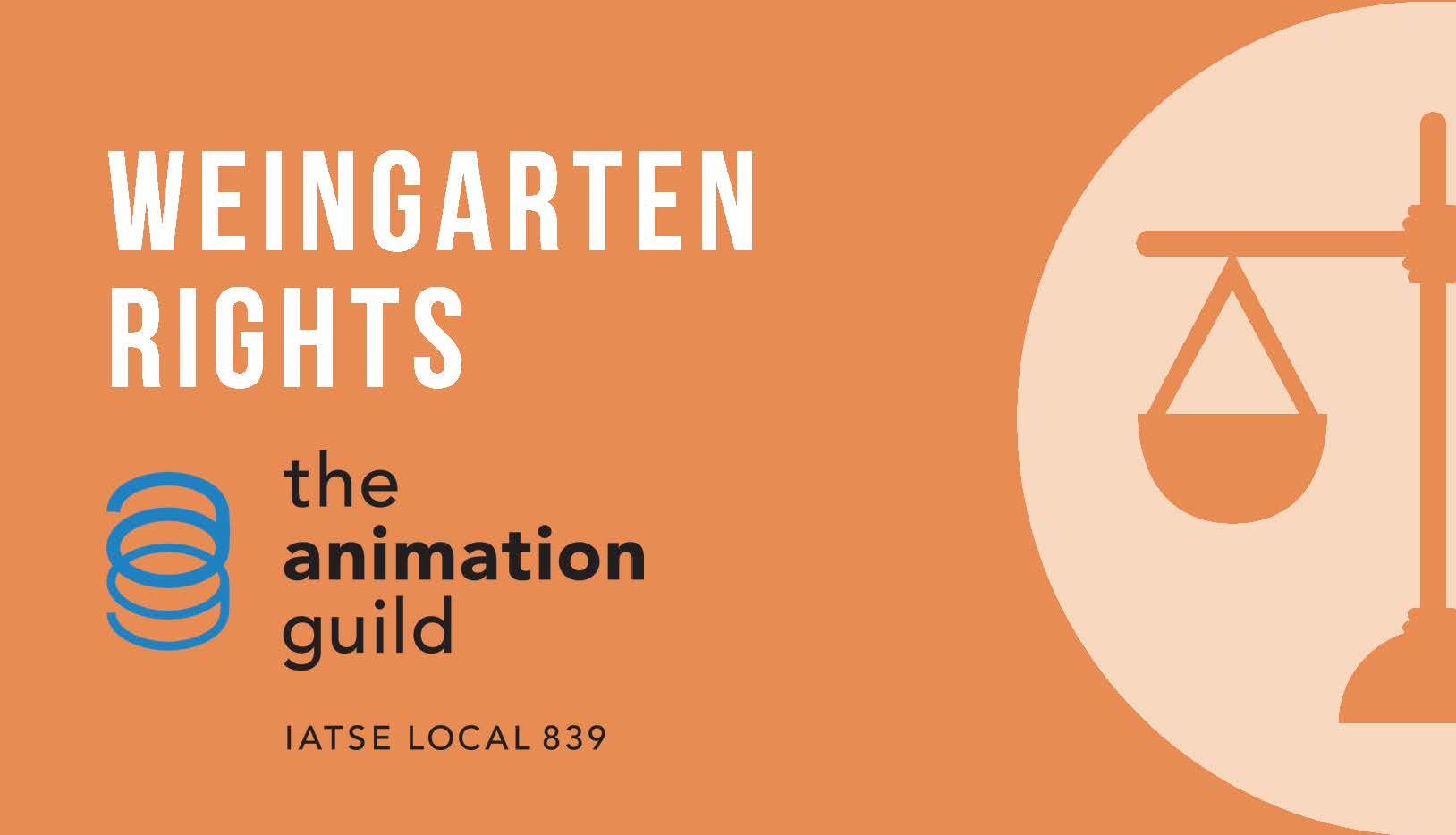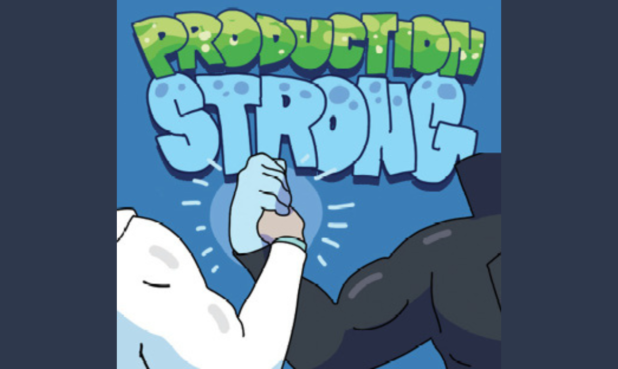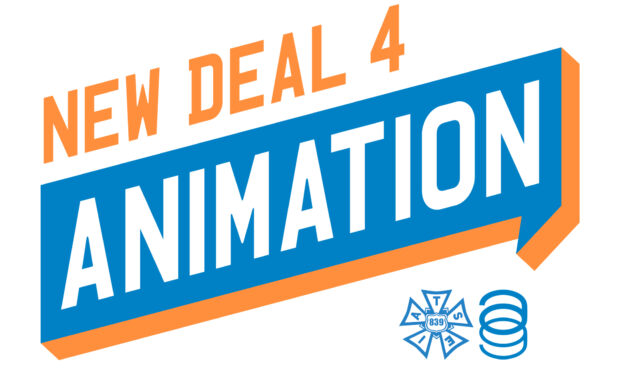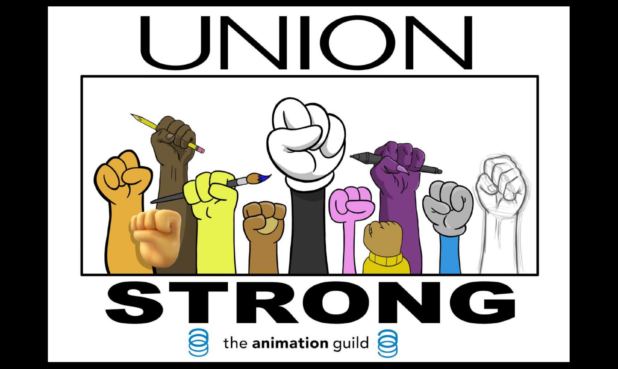What are Weingarten Rights?
Weingarten Rights ensure the presence of a union representative at any meeting with your employer where questioning might affect your job status or result in disciplinary action or the termination of your job.
What are the origins of Weingarten Rights?
In 1972 an employee at a lunch counter was accused of taking a large box of chicken but only paying for a small box. While she was being interviewed by her manager and a loss prevention specialist, she asked numerous times for her union representative. Her employer refused to grant her request.
The woman explained that she took only four pieces of chicken but had to use a larger box because the store was out of small boxes. She was cleared, and her employer asked her to keep the interview to herself. But she told her shop steward, and her union filed charges against the company.
The result: The Supreme Court’s 1975 ruling that, upon request, a union employee is entitled to union representation for investigatory interviews.
What is an investigatory interview?
In an investigatory interview, an employer questions you in order to gather information about the employee being questioned to support a disciplinary action under consideration or gain an admission to support a disciplinary decision that has already been made.
When can I exert my Weingarten Rights?
If you have reasonable basis to believe your employer is going to ask questions that could lead to discipline, a negative impact on your working conditions, or termination, you are entitled to ask for union representation.
What is reasonable basis?
Your employer might state upfront that a meeting could lead to disciplinary actions. In that case, you have a clear reason to exert your Weingarten Rights. But if you’re uncertain about the meeting’s purpose, consider other factors. Have you recently received oral or written warnings? Have any of your fellow employees been disciplined for the conduct you are going to discuss with your employer? In situations such as these, you would have a reasonable basis for exerting your Weingarten Rights.
Who is responsible for exerting Weingarten Rights?
Your employer is under no obligation to offer, or even mention, your Weingarten Rights. Exerting these rights is entirely up to you. Keep in mind that if you do not ask for your Weingarten Rights, and willingly participate in an investigatory interview, you are considered to have “waived” those rights.
How do I ask for my Weingarten Rights?
You simply tell your employer you want a union representative present at your investigatory interview. If possible, you should give your employer reasonable notice before the meeting so there is time to include a union rep.
What if I don’t realize I need union representation until questioning is underway?
If you become aware of the disciplinary nature of the interview after it commences, you are entitled to stop the questioning and ask for union representation. In such a case, your employer must immediately stop asking you questions that could result in discipline or adversely affect your job.
What is my employer required to do once I ask for my Weingarten Rights?
Once you request your rights, your employer has three options:
- Grant your request and delay questioning until a union representative can be present.
- Deny the request and either cancel or end the interview immediately.
- Give you a choice between having the interview without representation or ending the interview.
What if I exert my Weingarten Rights and my employer keeps asking questions?
Your employer is committing an unfair labor practice, which is an action that violates the National Labor Relations Act. You have the right to refuse to answer the questions, but you cannot walk out of the interview. You must wait until your employer ends the interview. Your employer cannot discipline you for refusing to answer. The employer is not, however, precluded from disciplining you for the alleged conduct under investigation.
Can I get in trouble for asking for my Weingarten Rights?
Your employer is also forbidden from disciplining you for exerting your Weingarten Rights. If this happens, the National Labor Relations Board can order your employer to rescind any discipline imposed because you exerted your rights.
Why are my Weingarten Rights important?
Bottom line: Weingarten Rights ensure that you receive fair treatment.
This article is for informational purposes only and not for the purpose of providing legal advice.







.png)